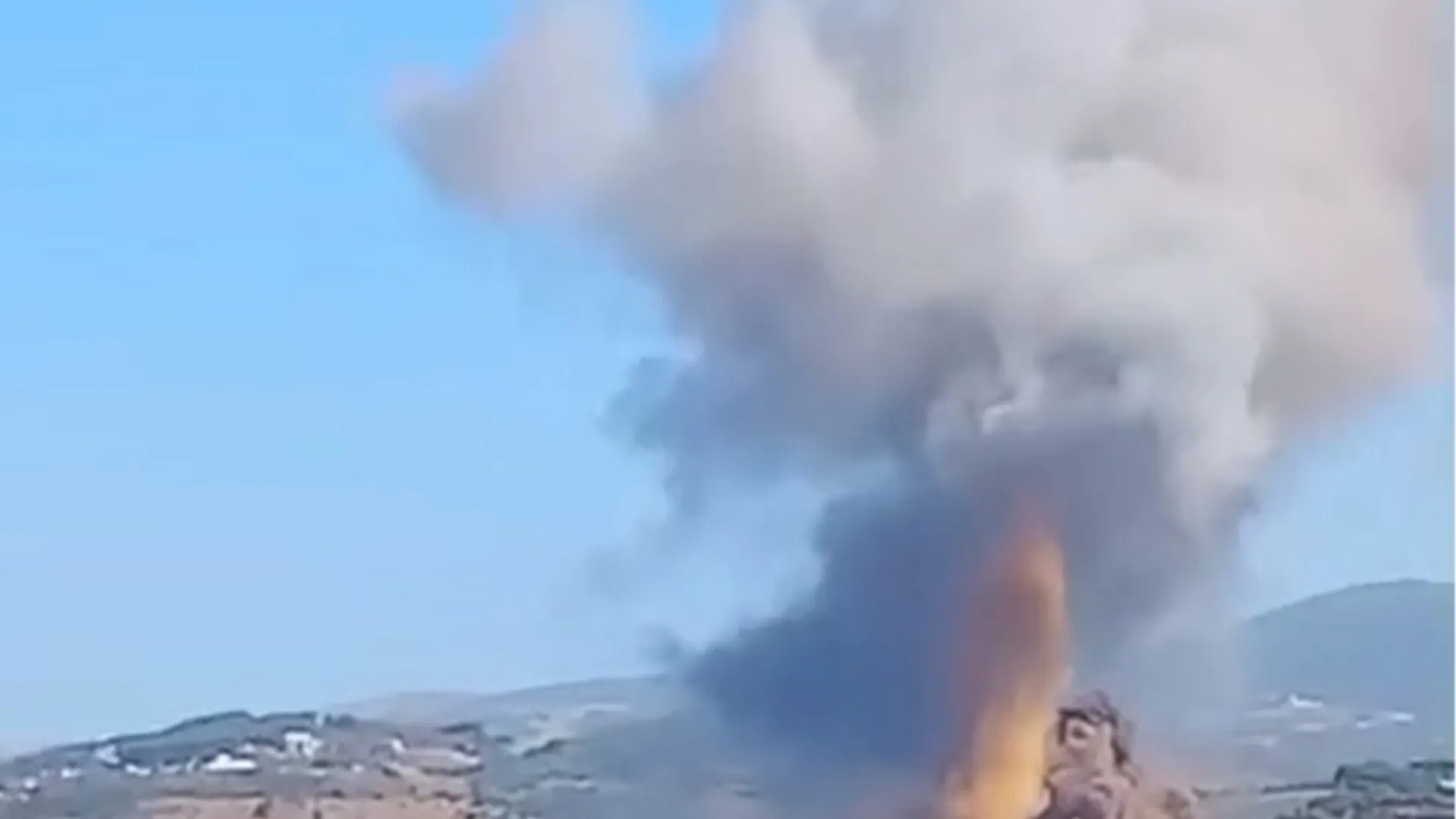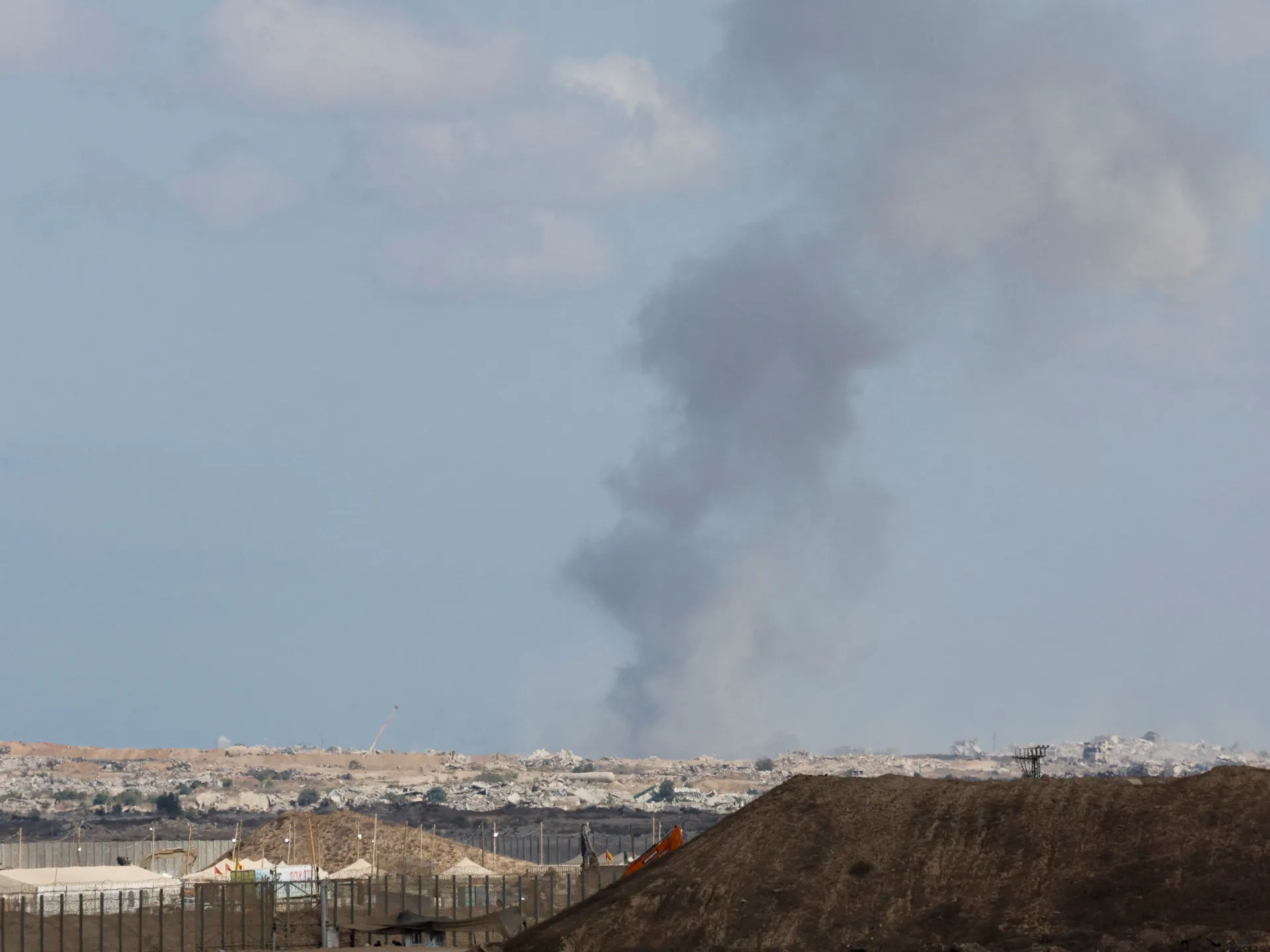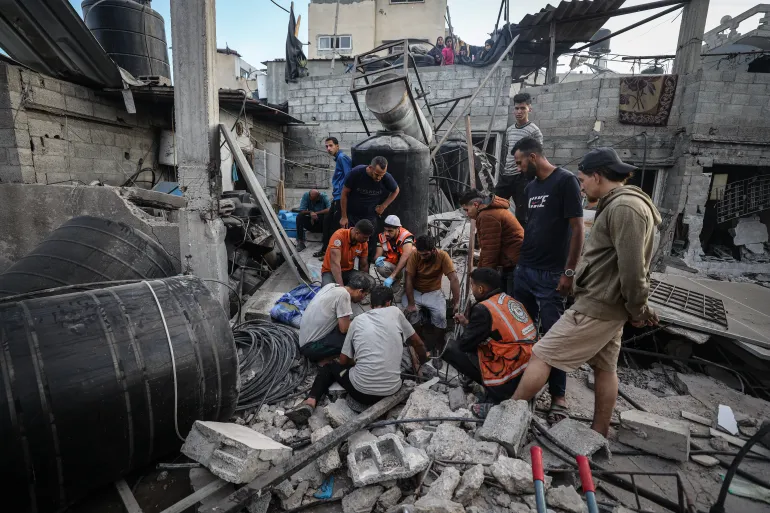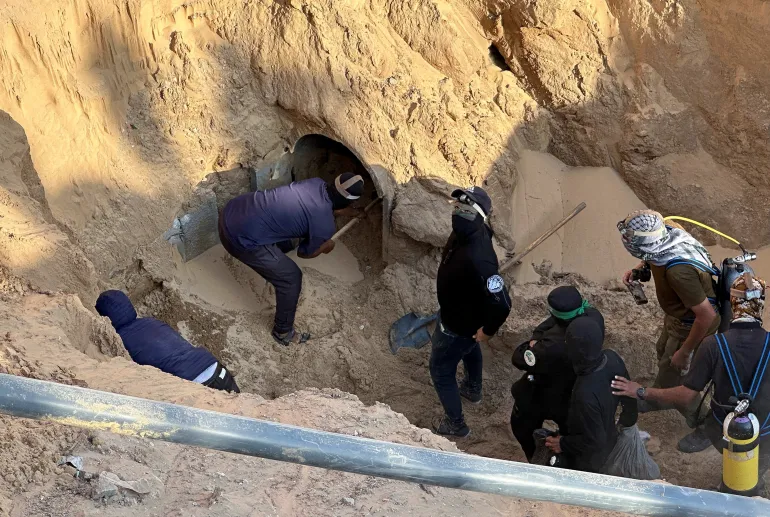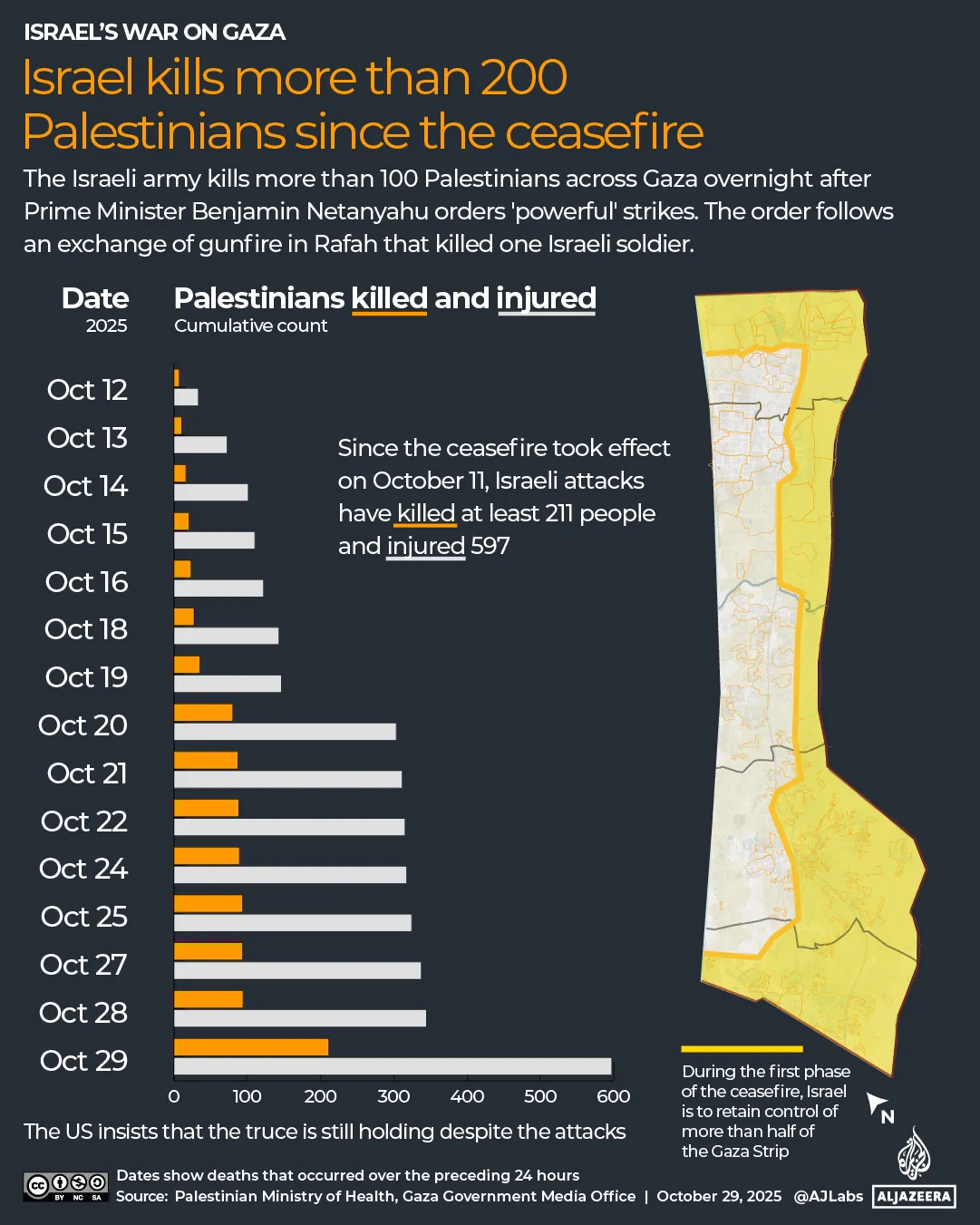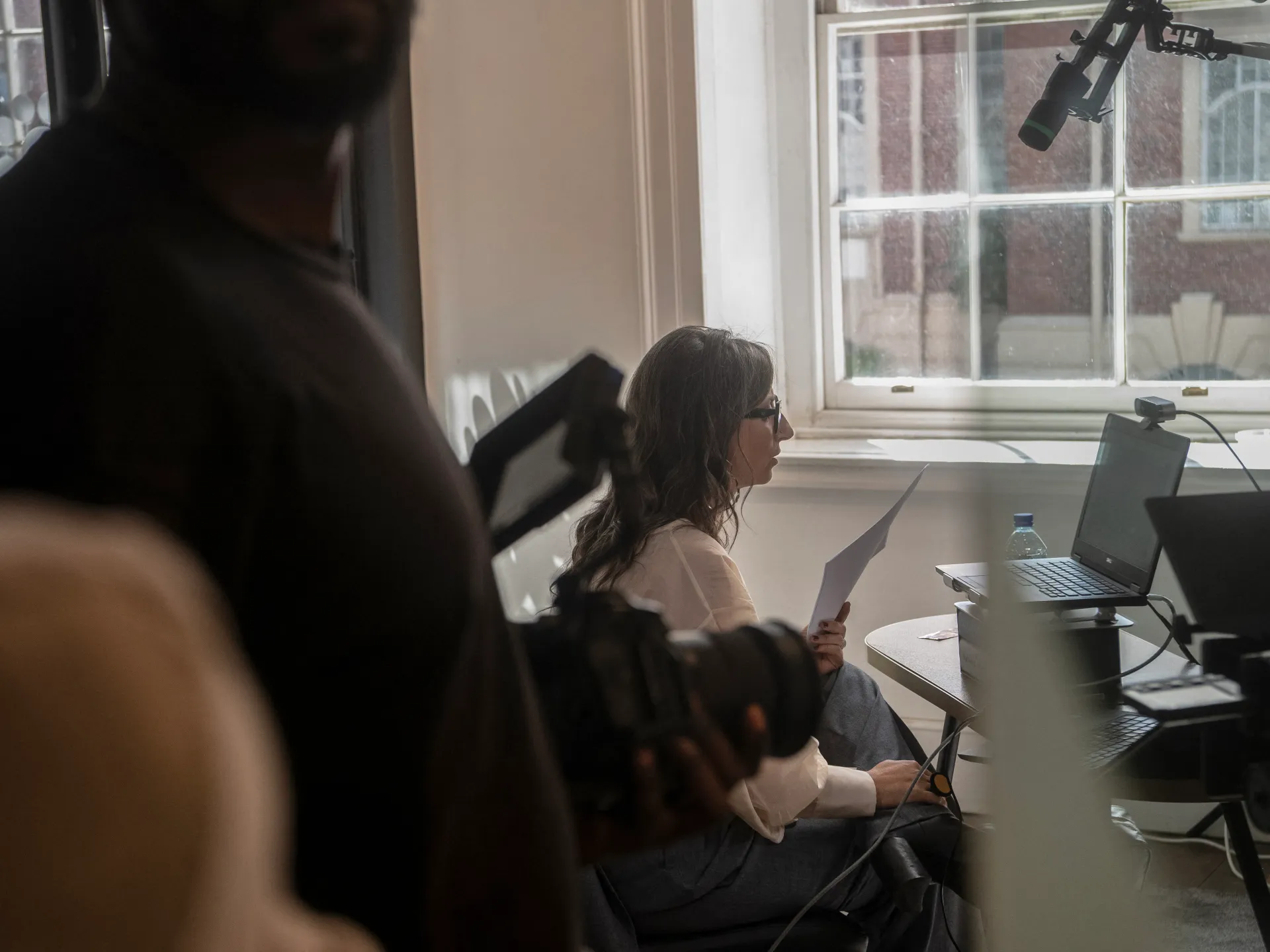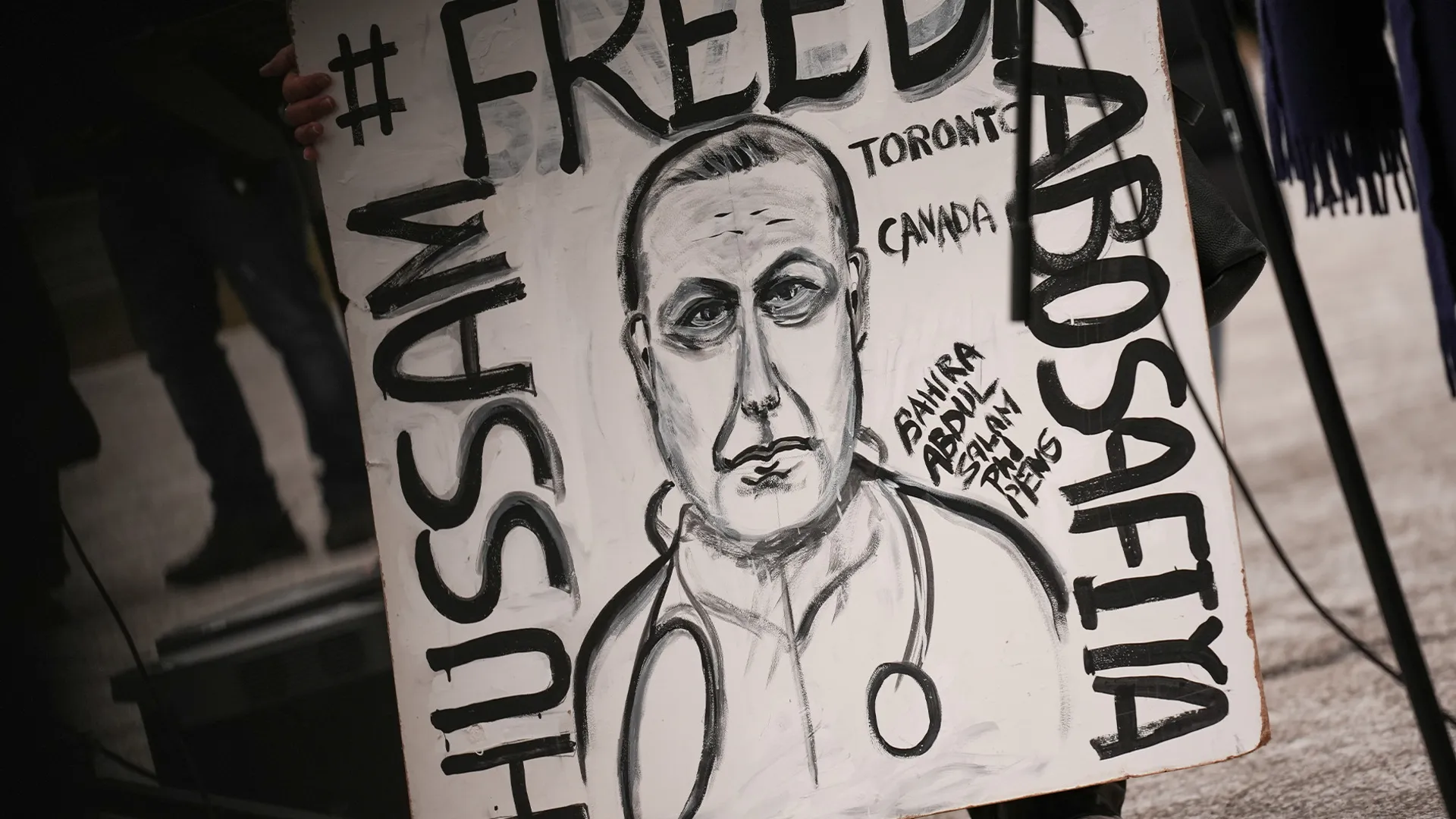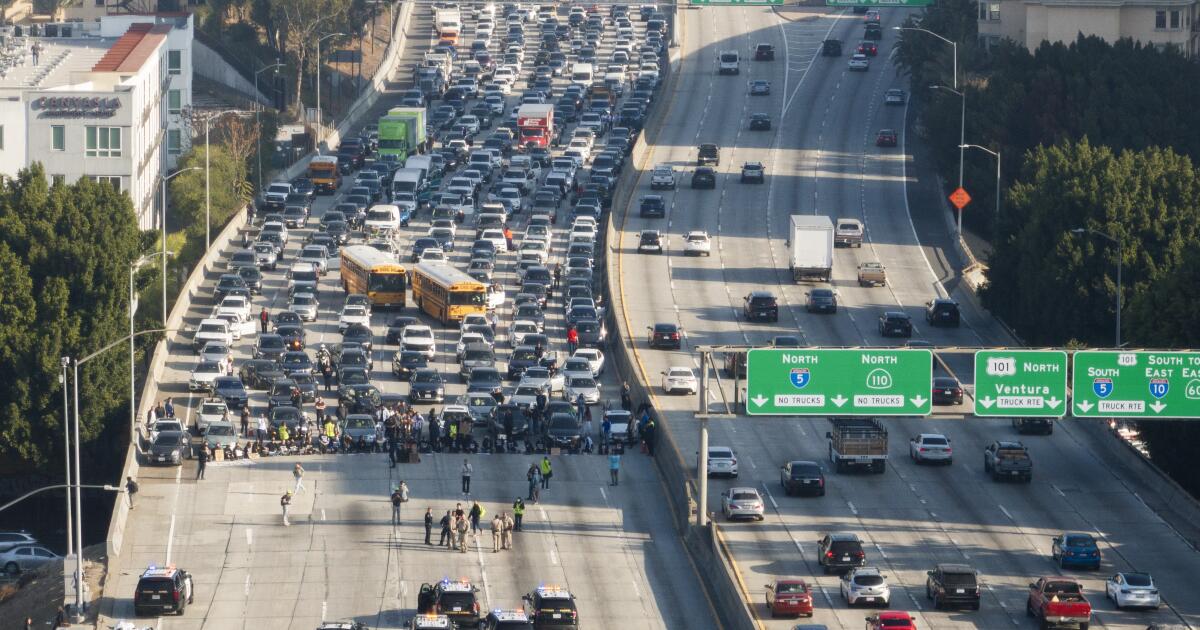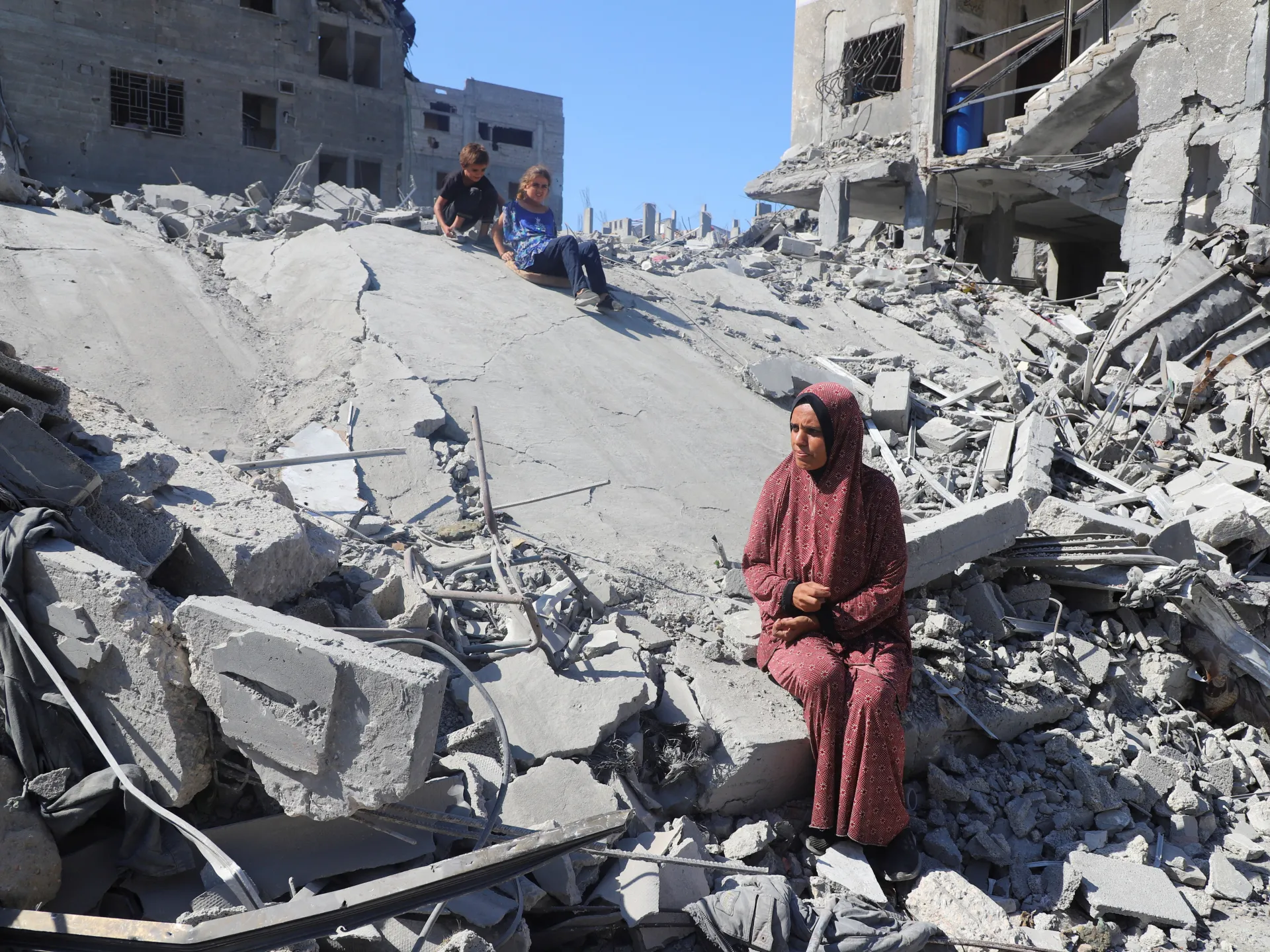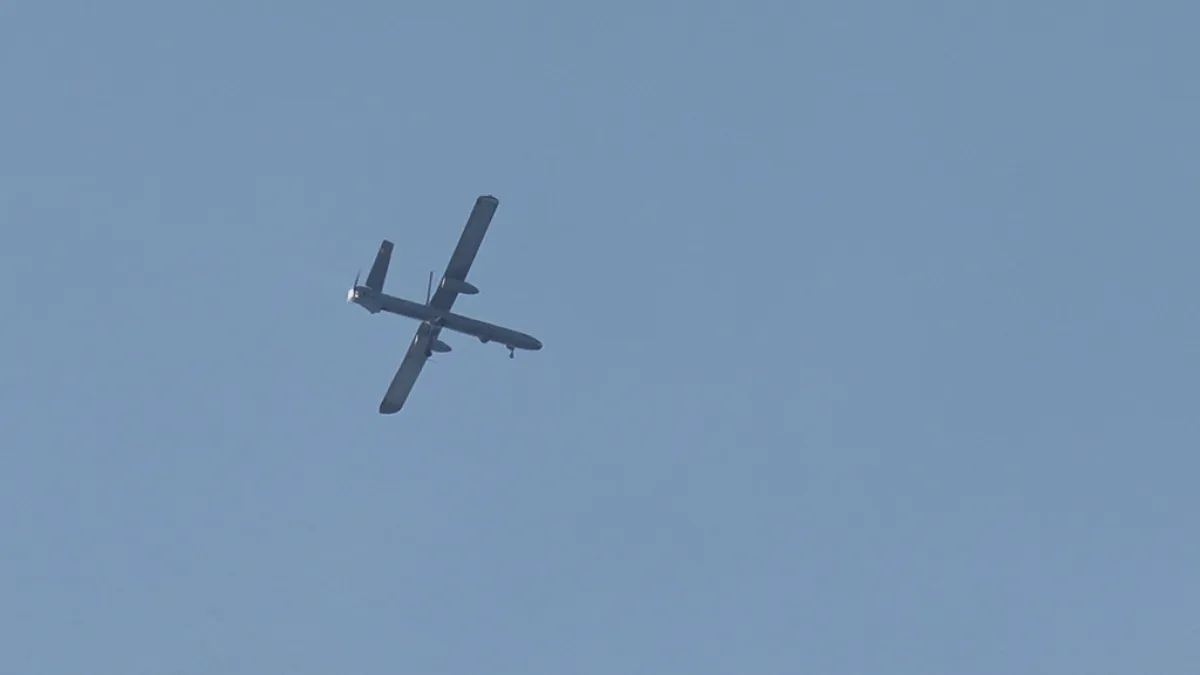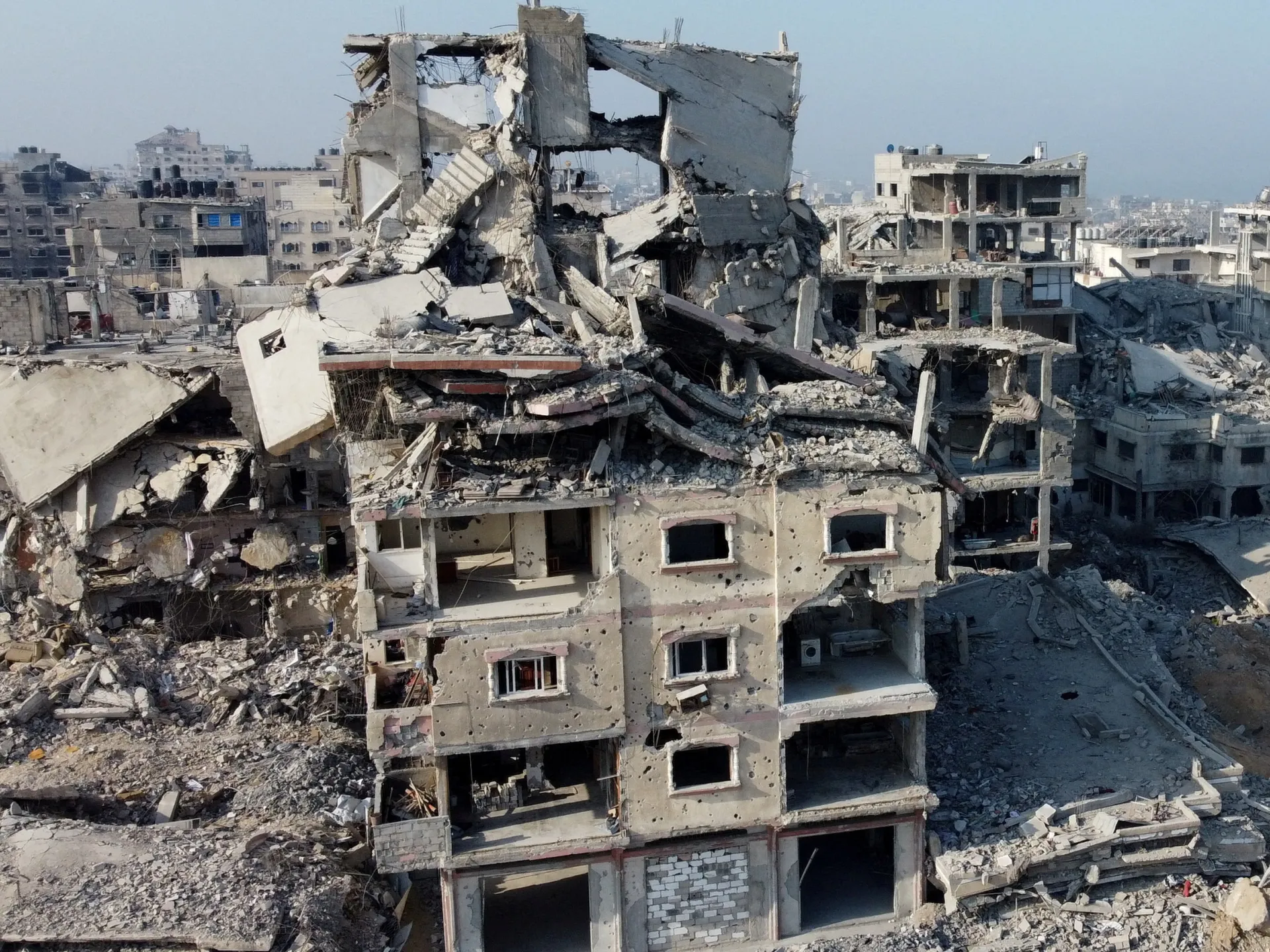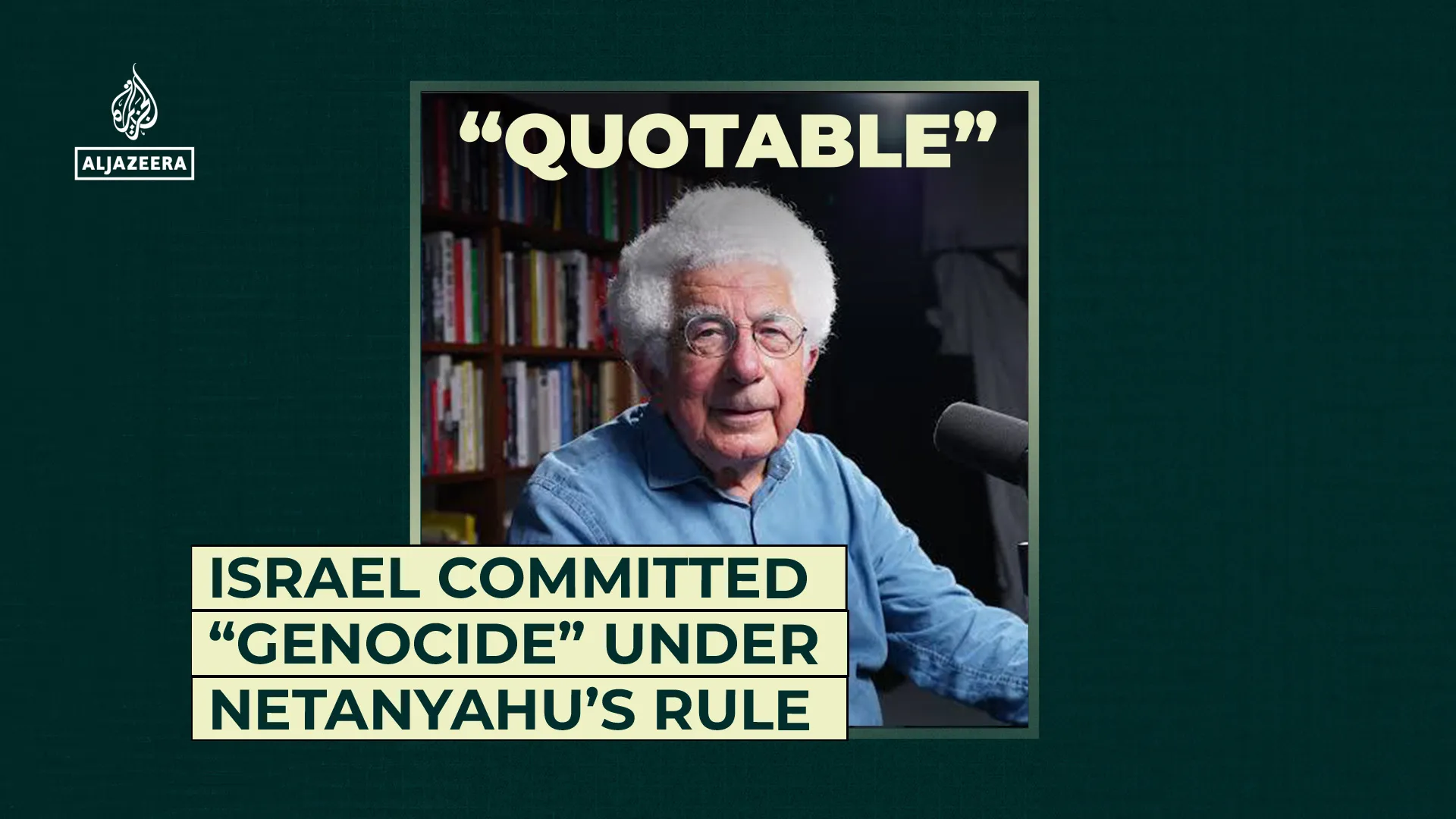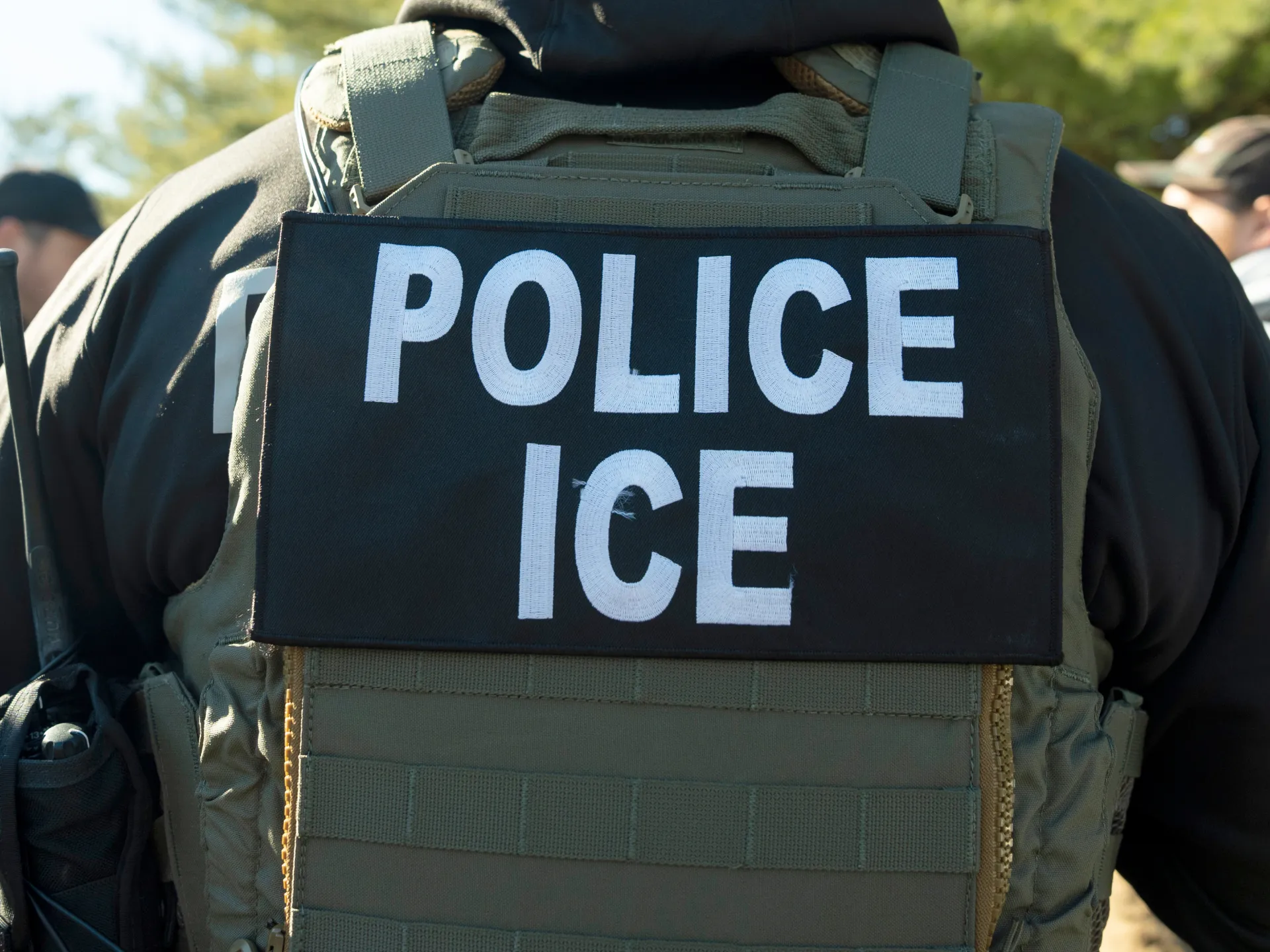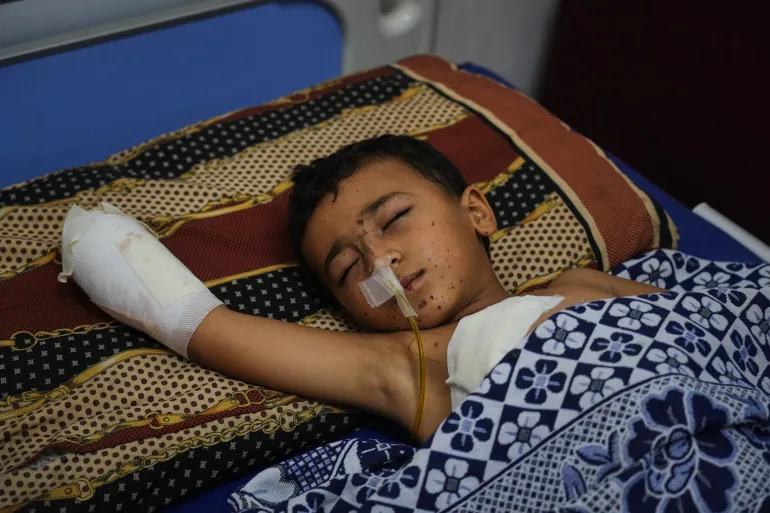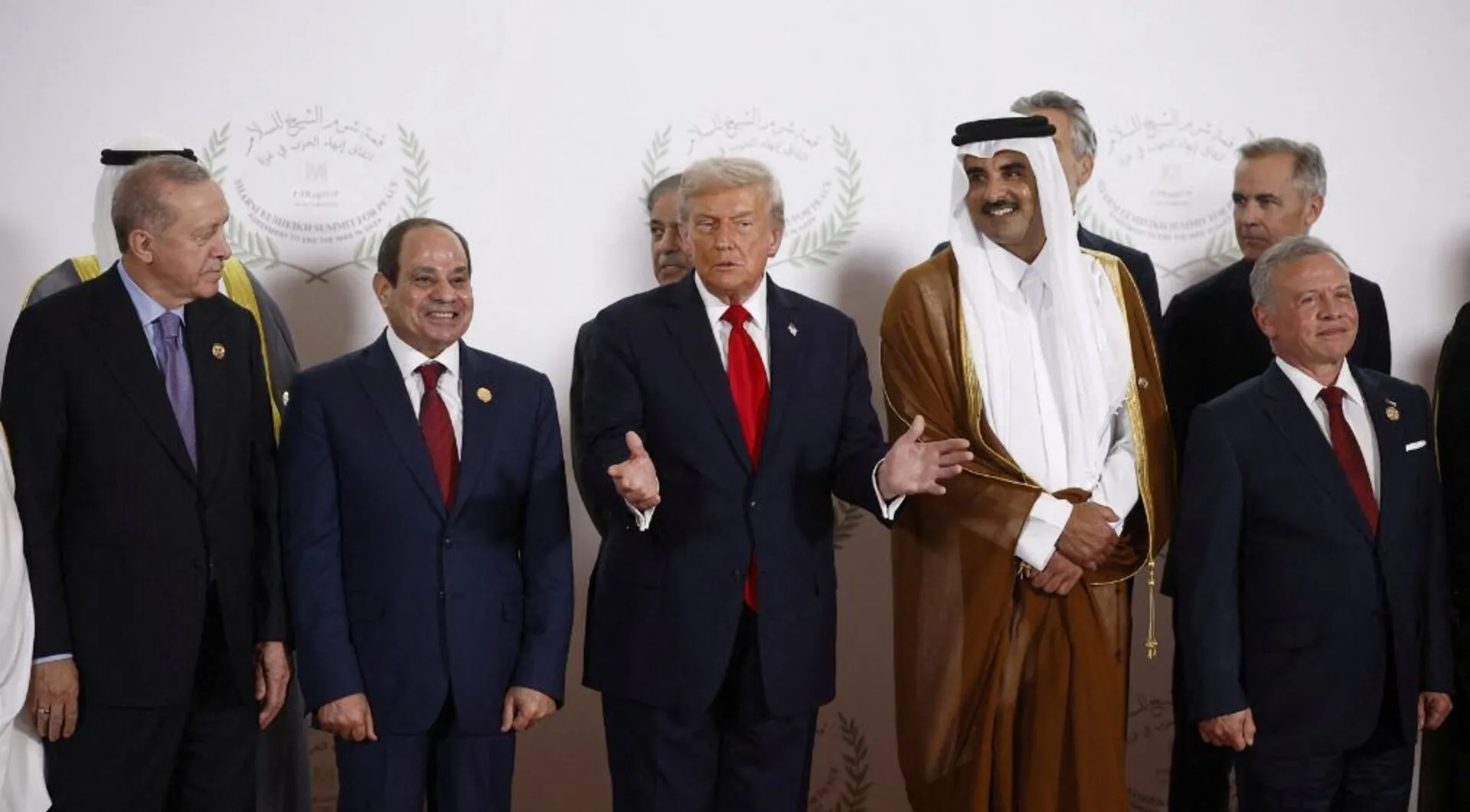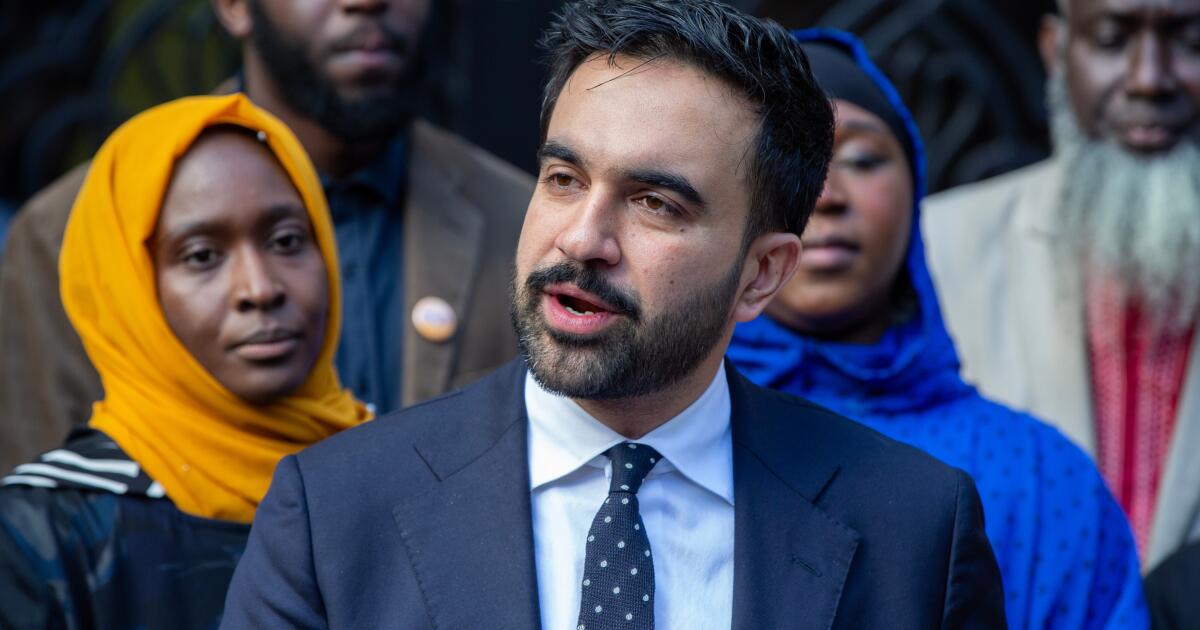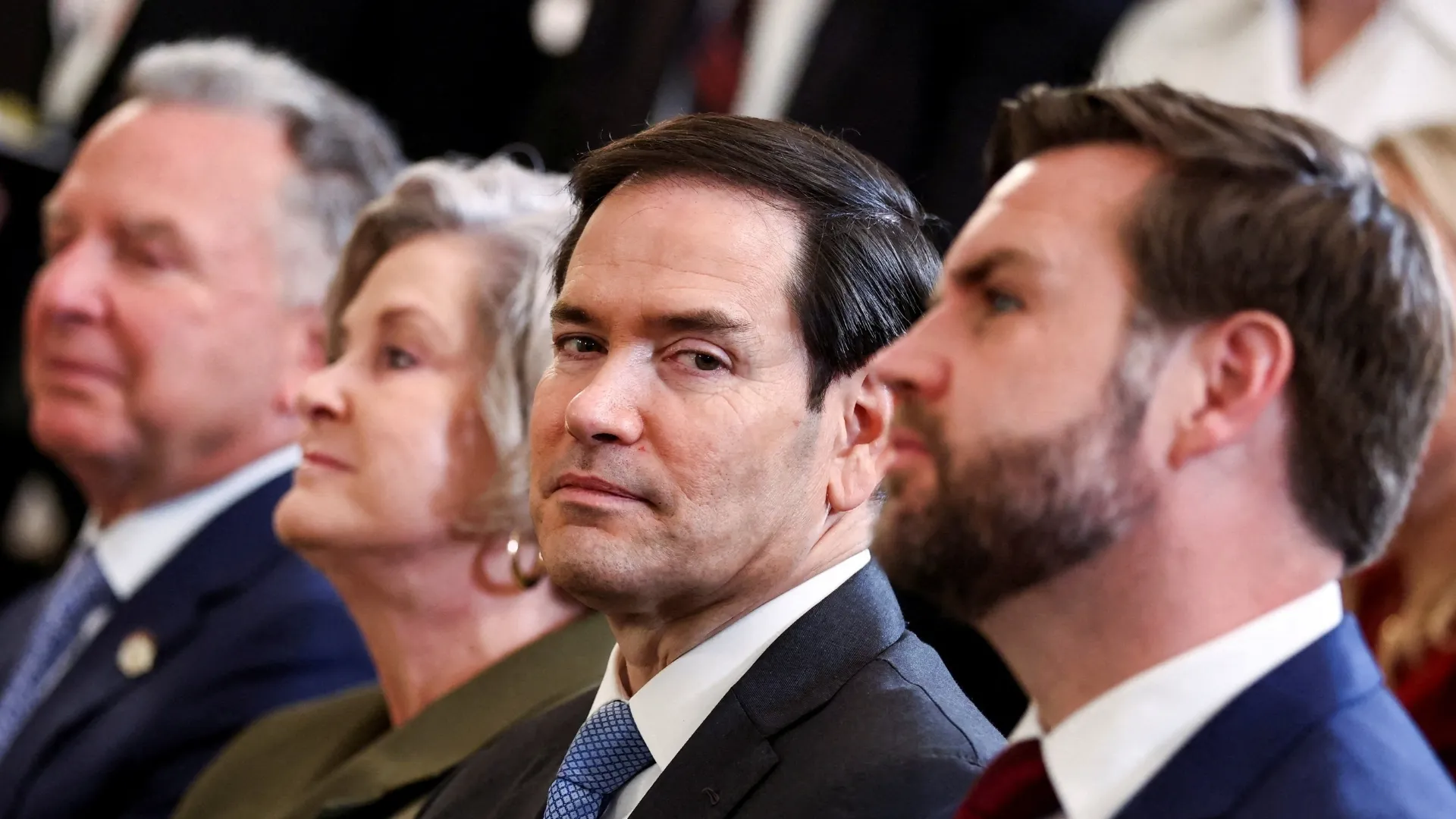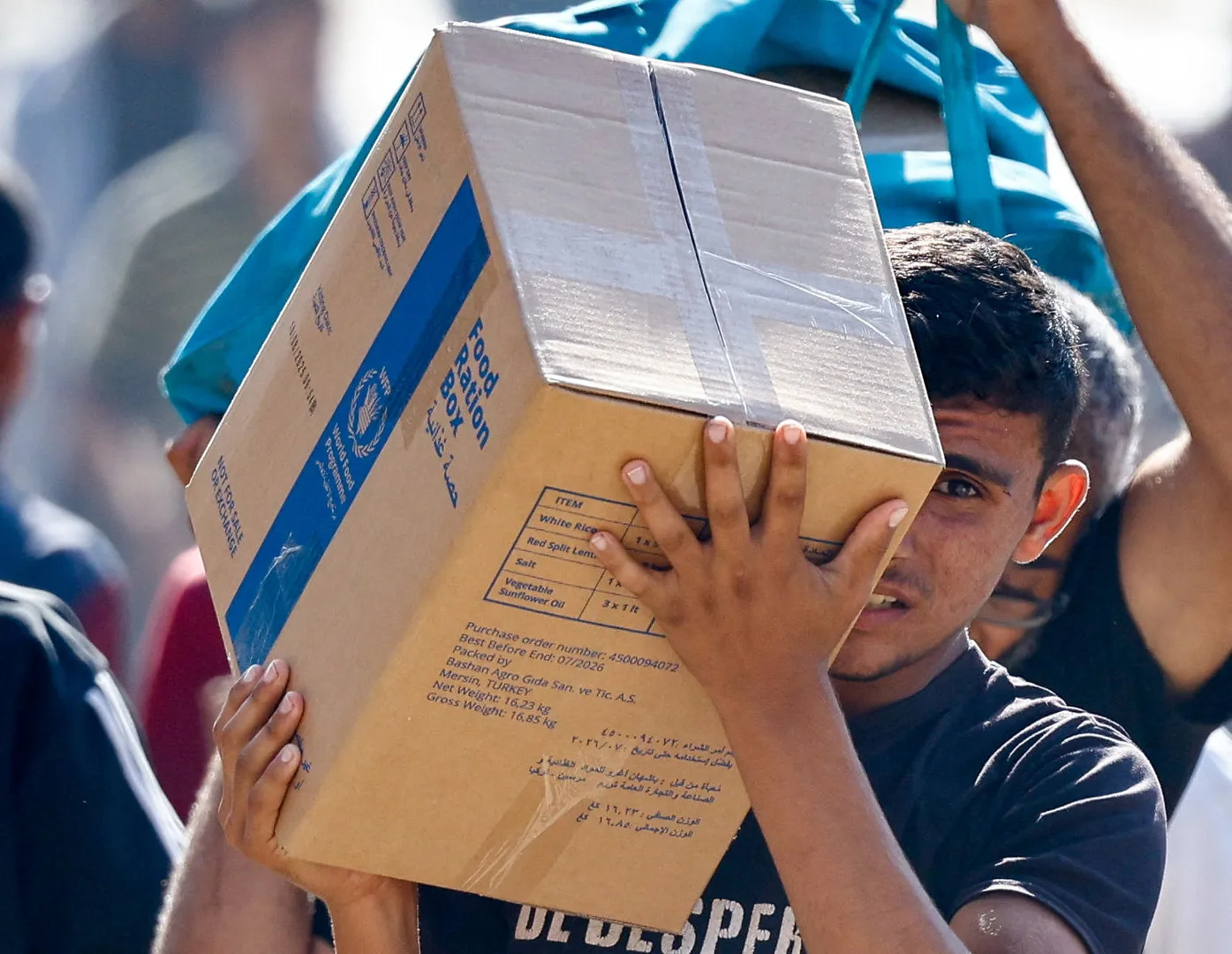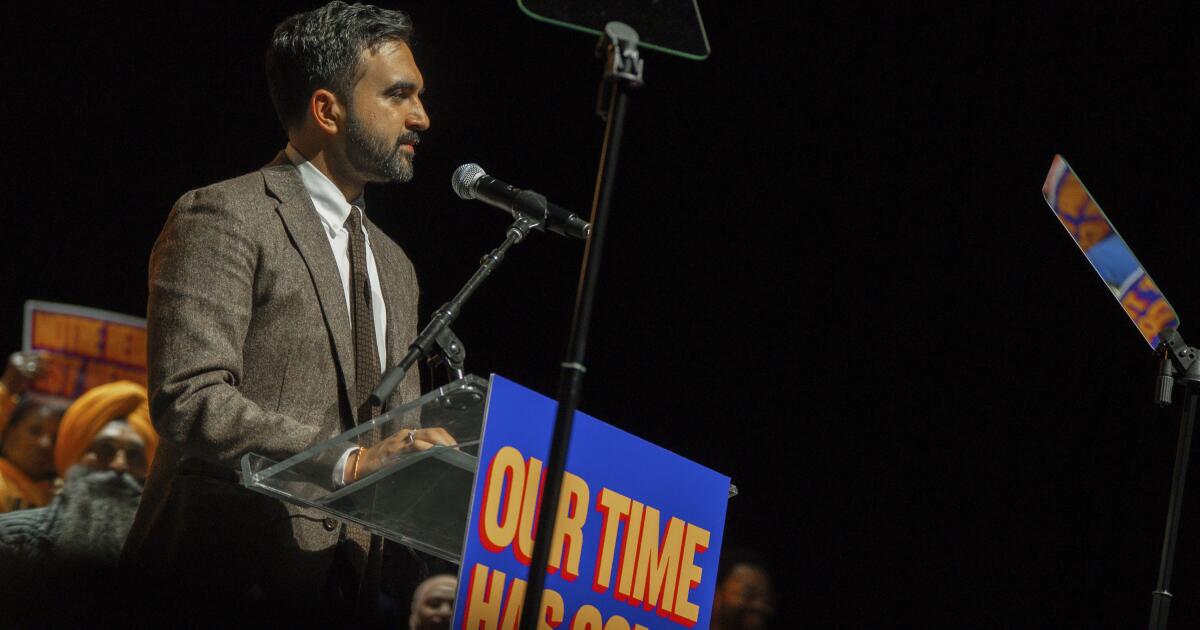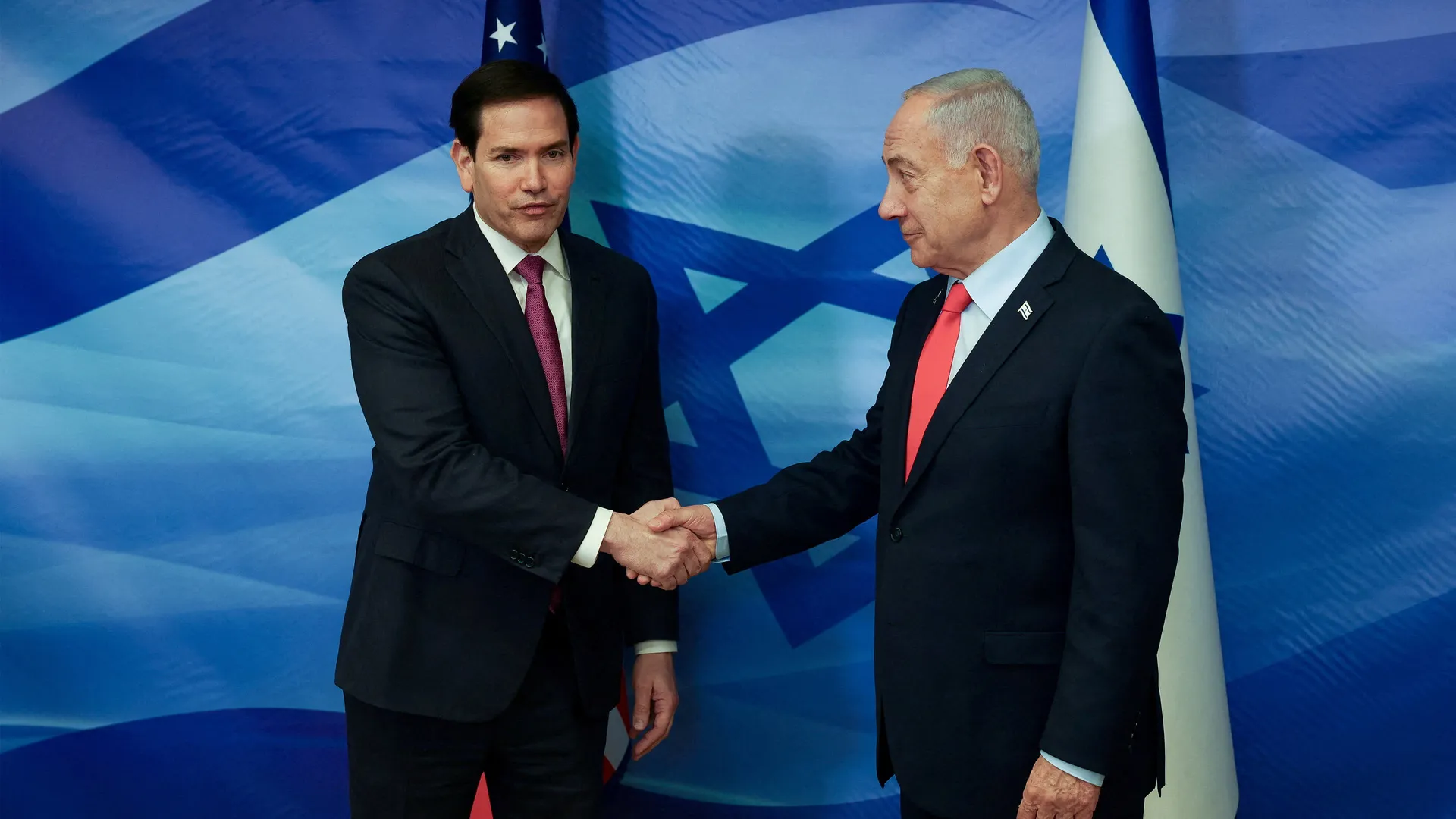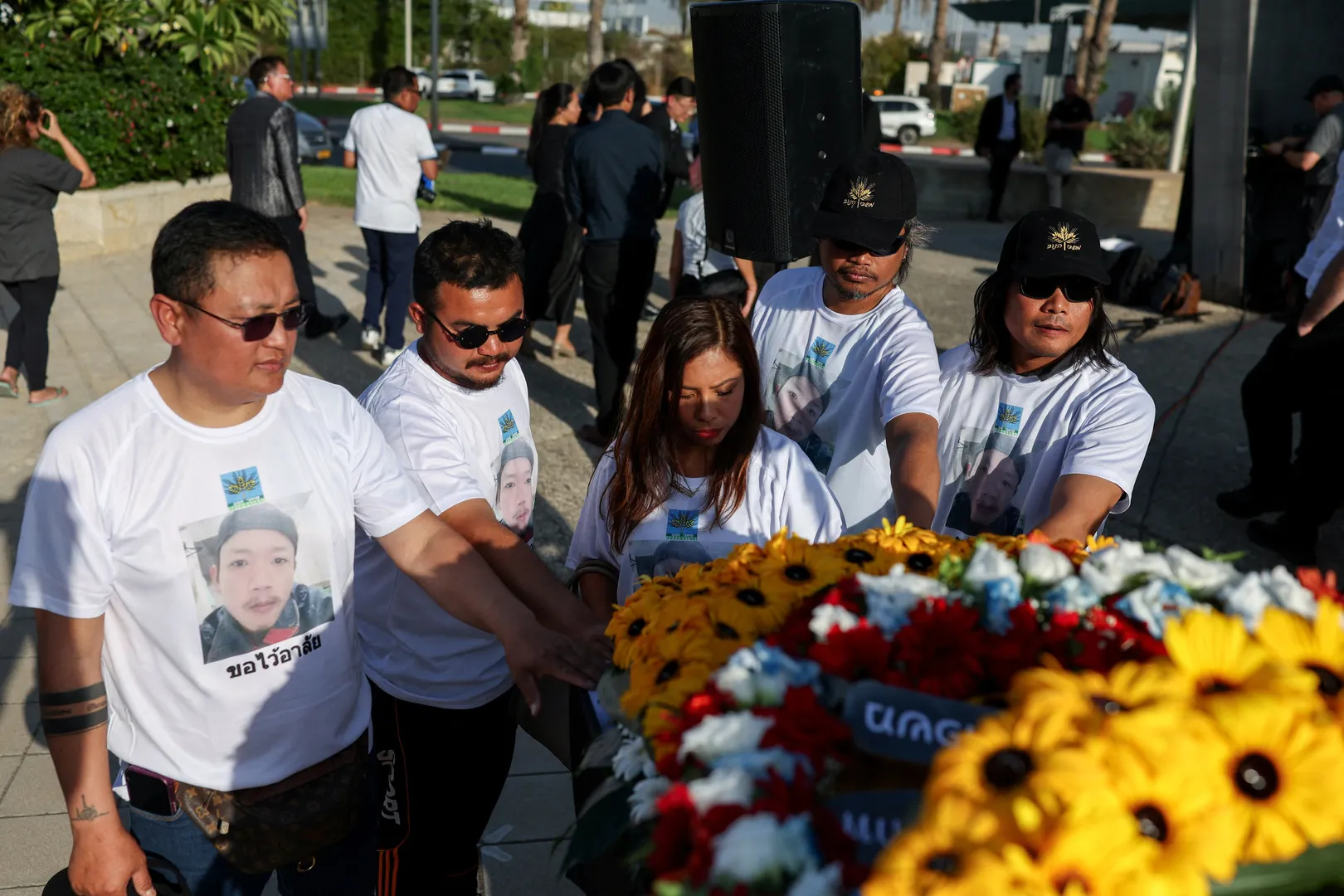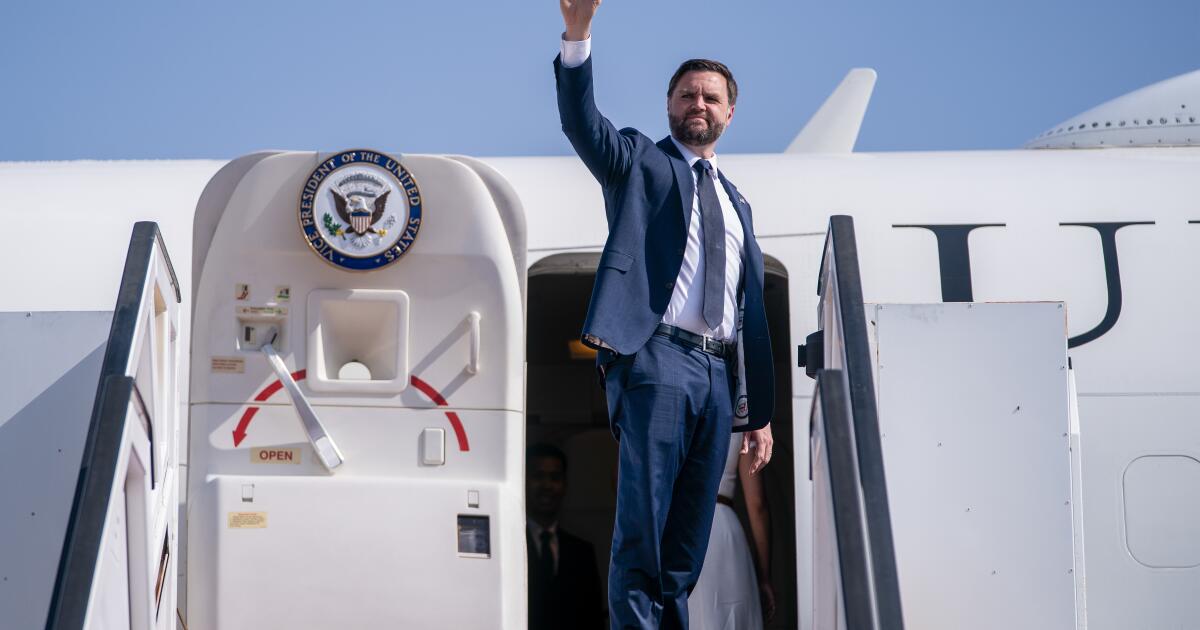NEW YORK — A few weeks before his stunning loss to Zohran Mamdani in the Democratic mayoral primary, former Gov. Andrew Cuomo put forth a political calculus long accepted as fact in New York: “Being a Democrat,” he said, “it’s synonymous that you support Israel.”
Mamdani, who would be the city’s first Muslim mayor, could be on the cusp of shattering that convention.
An unstinting supporter of Palestinian rights, the 34-year-old democratic socialist has accused Israel of genocide in Gaza, backed the movement to boycott the country’s goods and pledged to have Prime Minister Benjamin Netanyahu arrested if he sets foot in New York.
In a city with the largest Jewish population outside of Israel, where mayors have long been expected to make the long pilgrimage to the Jewish state, Mamdani identifies proudly as an “anti-Zionist.”
While he says he supports Israel’s right to exist, he describes any state or social hierarchy that favors Jews over others as incompatible with his belief in universal human rights.
City officials, Mamdani often points out, have no say in American foreign policy. And he has consistently and emphatically rejected claims that his criticism of Israel amounts to antisemitism, promising to work closely with those whom he doesn’t agree with if elected.
But as Cuomo and others have framed the race as a referendum on Israel, political observers say a Mamdani victory could reverberate far beyond New York, offering permission for Democrats to speak out on an issue long seen as a third rail of politics.
“This race is a proxy for where the party goes from here in terms of support for Israel — and that’s causing a lot of consternation,” said Basil Smikle, a former chief executive of the state’s Democratic Party. “We’re treading in territory that we’ve not really dealt with before.”
The ‘most important’ issue in the race
From the beginning, Cuomo has staked much of his political comeback on painting himself as a defender of Jewish security, both in New York and the Middle East.
Shortly before launching his campaign, he announced that he had joined Netanyahu’s legal defense team to defend the prime minister against war crimes charges brought by the International Criminal Court. He cast antisemitism as the “most important” issue facing the city and himself as a “hyper aggressive supporter of Israel.”
Mamdani’s own views, he said, presented an “existential” threat to New Yorkers.
Other candidates quickly rushed to burnish their own pro-Israel credentials, including Mayor Eric Adams, who announced he would run on an “EndAntisemitism” ballot line.
As they competed for support among Brooklyn’s prominent rabbis and other Jewish voters, each equated protests for Palestinian rights with support for terrorism and backed a contentious definition of antisemitism that includes certain criticism of Israel.
Days before dropping out last month, Adams shared a smiling photo with Netanyahu.
The strategy appeared willfully ignorant of polls showing growing public disapproval in the U.S. of Israel’s prosecution of the war in Gaza, according to Alyssa Cass, a longtime Democratic strategist.
She said a handful of deep-pocketed campaign donors and some city news outlets “created an impression that you could not ever question Israel, and that impression was completely divorced from reality.”
“The unique dynamics in New York were masking a broader, larger migration in public opinion that had been brewing for some time,” Cass added. “They didn’t realize that the ground beneath them had shifted.”
Shifting political winds
Still, with less than two weeks to go before the election, Cuomo has only leaned into the issue, claiming at Wednesday’s debate that Mamdani had “stoked the flames of hatred against the Jewish people.”
The broadsides have won support from the Anti-Defamation League and pro-Israel donors, like the hedge fund billionaire Bill Ackman. But there is little indication that the strategy is working among ordinary New Yorkers.
In a Quinnipiac University poll conducted in early October, 41% of likely voters in New York City said Mamdani’s views on Israel aligned closest with their own, compared to 26% for Cuomo.
A Fox News poll conducted in mid-October found that 50% of registered voters in New York said they identified more with the Palestinians in the Middle East conflict, compared to 44% who identified more with the Israelis.
Those numbers have alarmed some Jewish leaders, who have laid at least some of the blame at Mamdani’s feet. In an open letter circulated this week, 650 rabbis warned that his candidacy has contributed to “rising anti-Zionism and its political normalization.”
Amy Spitalnick, the chief executive of the Jewish Council on Public Affairs, cautioned against drawing a direct link between Mamdani’s popularity and his pro-Palestinian stance.
She noted that most Jewish voters remain strong supporters of Israel, lamenting the fact that neither Mamdani nor Cuomo had articulated “the liberal nuanced perspective that most New York Jews hold.”
“Mamdani’s views on Israel matter, but it’s not the issue on which the majority of New Yorkers are voting,” she added. “If he wins, it’s because he ran a compelling campaign on making this city more affordable.”
Weaponization and authenticity
In debates and interviews, where Mamdani often faces a barrage of questions about his views on the Israel-Hamas war, he is quick to shift the focus to his platform, which includes freezing the rent for regulated apartments, making buses free and lowering the cost of child care.
“I have denounced Hamas again and again,” an exasperated Mamdani said during a debate last week. “It will never be enough for Andrew Cuomo.”
At Wednesday’s debate, Mamdani again spoke of his proposal to increase funding for hate crime prevention and his recent outreach to Jewish voters about their fears of antisemitism.
“They deserve a leader who takes it seriously, who roots it out of these five boroughs, not one who weaponizes it as a means by which to score political points on a debate stage,” he added.
But despite months of vitriolic backlash, Mamdani has stood firm on his core criticism of Israel. In his statement marking the anniversary of the Oct. 7 attacks on Israel, he condemned both Hamas’ “horrific war crimes” and Israel’s occupation, apartheid and “genocidal war” in Gaza.
Whether or not those views are shared by the broader electorate, the consistency of the message has served as “proxy for authenticity” in the minds of voters, according to Peter Feld, a progressive political consultant.
And it has offered a sharp contrast with not only Cuomo, but other pro-Israel Democrats in New York, including Sen. Chuck Schumer and House Minority Leader Hakeem Jeffries. Both have spent weeks rebuffing questions about whether they will endorse Mamdani, indicating they were still meeting and speaking with the Democratic nominee.
“The allies divided up Europe in fewer meetings,” scoffed Cass. “At this point, they’re ignoring the majoritarian view of their voters, and there’s no way around that.”
In recent weeks, Feld said he had spoken to several potential candidates weighing primary challenges to other pro-Israel Democratic incumbents.
“Mamdani changed how candidates and donors think about what is politically possible,” Feld said. “We’ve seen that siding with Palestine over Israel doesn’t make you radioactive. It shows voters that you’ll stick to your principles.”
Offenhartz writes for the Associated Press.
